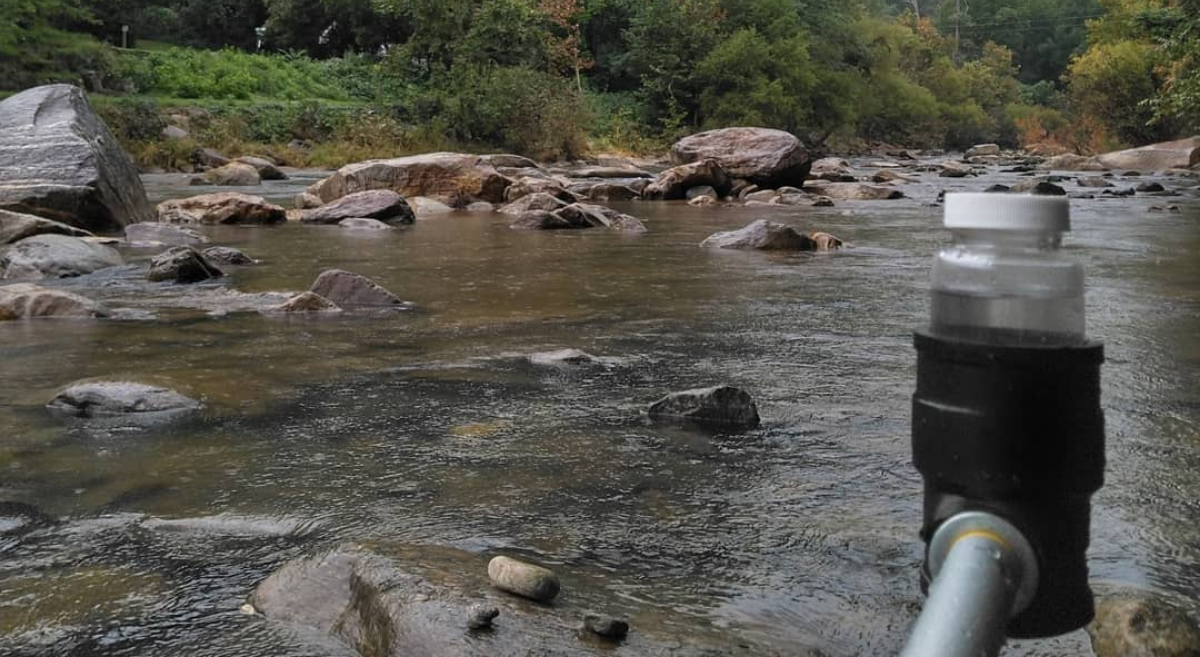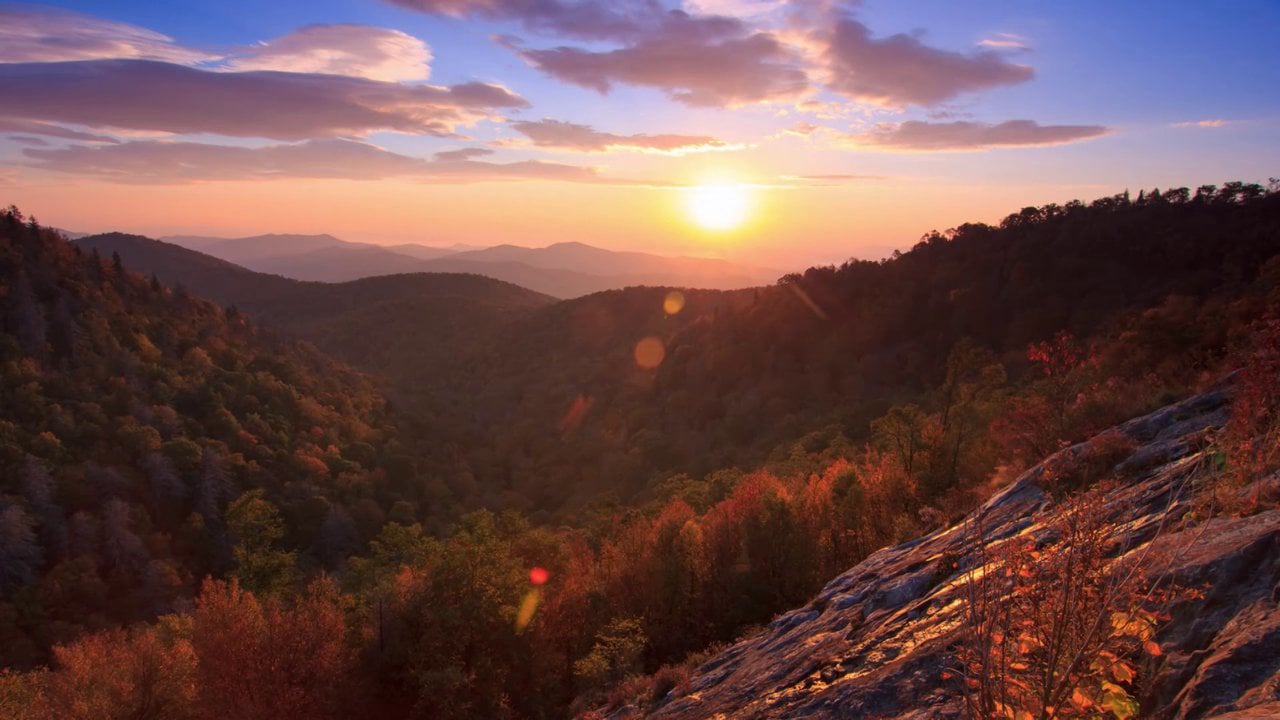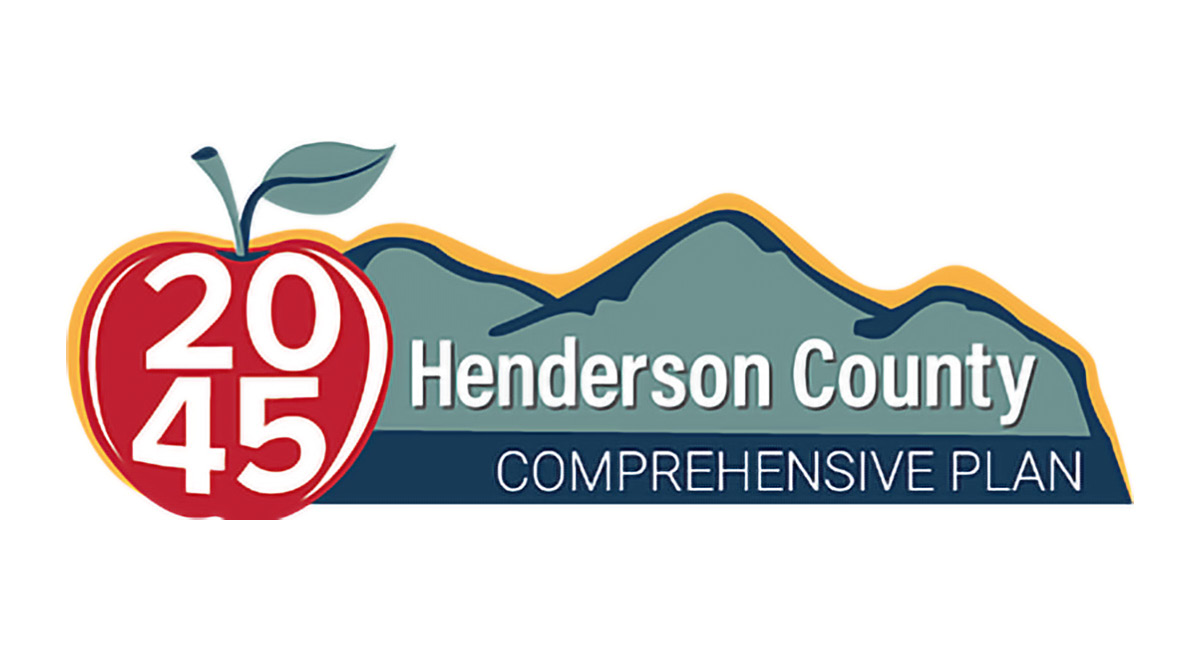Green Riverkeeper
The Green Riverkeeper is the key protector and watchdog of the Green River Watershed in MountainTrue’s Southern Region in Western North Carolina. VolunteerAbout
MountainTrue’s Green Riverkeeper fights for safe and healthy waterways for all communities in the Green River Watershed by bringing together and empowering local residents and communities to identify pollution sources, advocate for and enforce environmental laws, and participate in restoration projects. The Green Riverkeeper serves the Green River Watershed beginning at the river’s headwaters on the eastern slope of DuPont State Recreational Forest, which drain to the south and east into Henderson County before flowing across Polk County and eventually joining the Broad River on the border with Rutherford County.
The Green Riverkeeper is a program of MountainTrue’s Southern Regional Office and a proud member of the Waterkeeper Alliance.
Meet Erica

A longtime MountainTrue Swim Guide volunteer, Green River enthusiast, and an all-around wonderful human, Erica now serves as the Green Riverkeeper and Watershed Outreach Coordinator in MountainTrue’s Southern Region. >>more
Volunteer
We have many regular volunteer opportunities throughout the warmer months. Please note that volunteer event dates and times are subject to change due to weather conditions with short notice. Follow the Green Riverkeeper Instagram and Facebook Page or email erica@mountaintrue.org to receive the most up-to-date information on event changes/cancellations.
Green Riverkeeper News
Swim Guide Watershed Report: Upper French Broad, Green & Broad River Watersheds
We continue our review of data from the 2021 Swim Guide season with a look at the water quality of the Upper French Broad, Green, and Broad watersheds. We’ll let you know which areas were the cleanest, where we saw ongoing bacteria pollution problems, and actions you can take to fight for clean waters.
Join Us for an Annual Member Gathering in Your Area!
We are excited to be gathering in person this year to connect with you, our members, to celebrate our award winners and see each others’ smiling faces!
In light of the current rate of COVID infections and the situation in hospitals across our region, we have chosen to host multiple, smaller, outdoor events in place of one large gathering. We are also requiring that all attendees be fully vaccinated in order to participate. If you are not vaccinated, you will have an opportunity to vote for new and returning board members online.
Our Recommendation for the Henderson County Community Survey
Henderson Country has kicked off its Comprehensive Planning effort with a Community Survey. This is an important opportunity for you to have a voice in how our county grows and develops to meet the challenges of climate change, a growing population, and increased pressures on our built and natural environments. Check out our guide for members and supporters of MountainTrue who want to see our community grow sustainably and responsibly.



